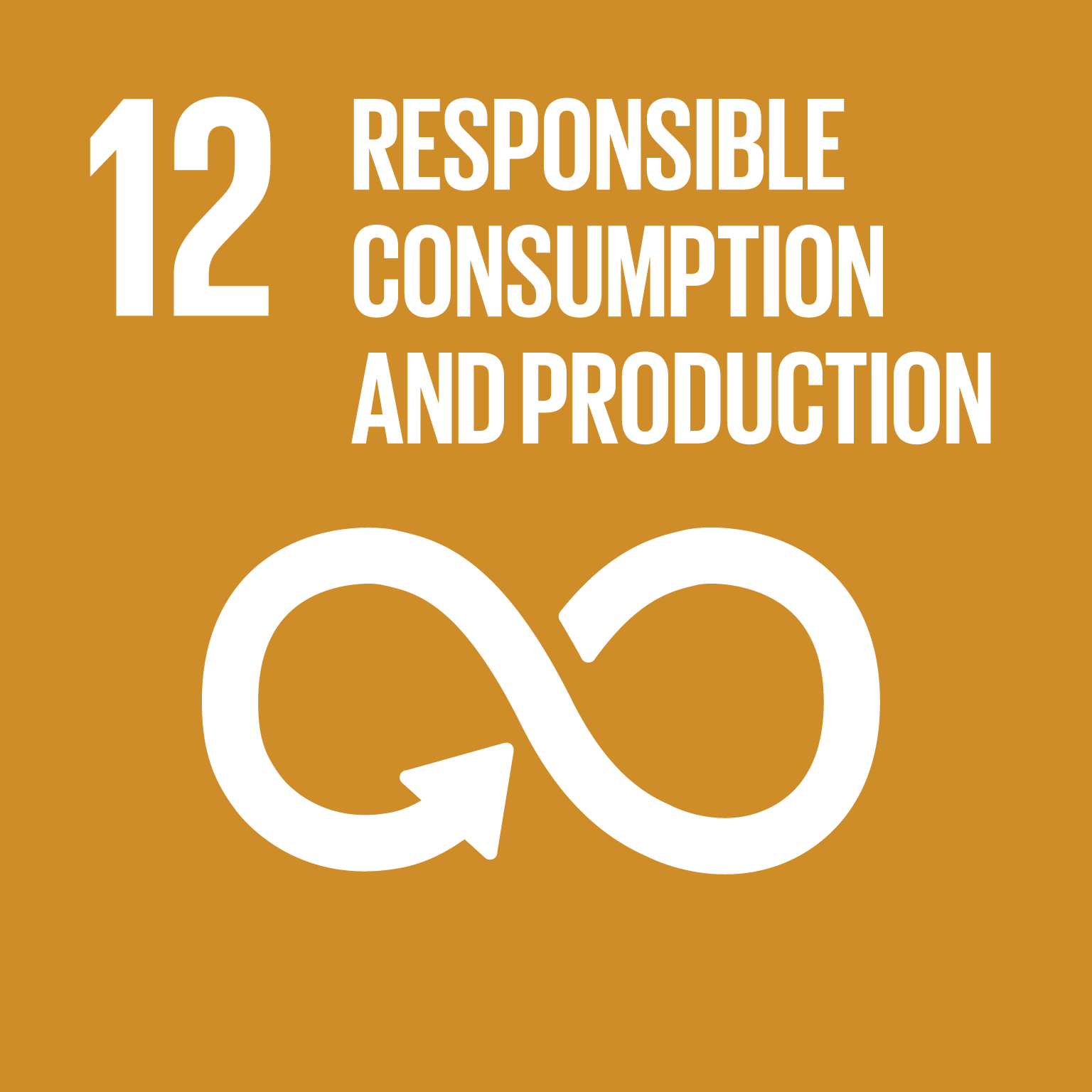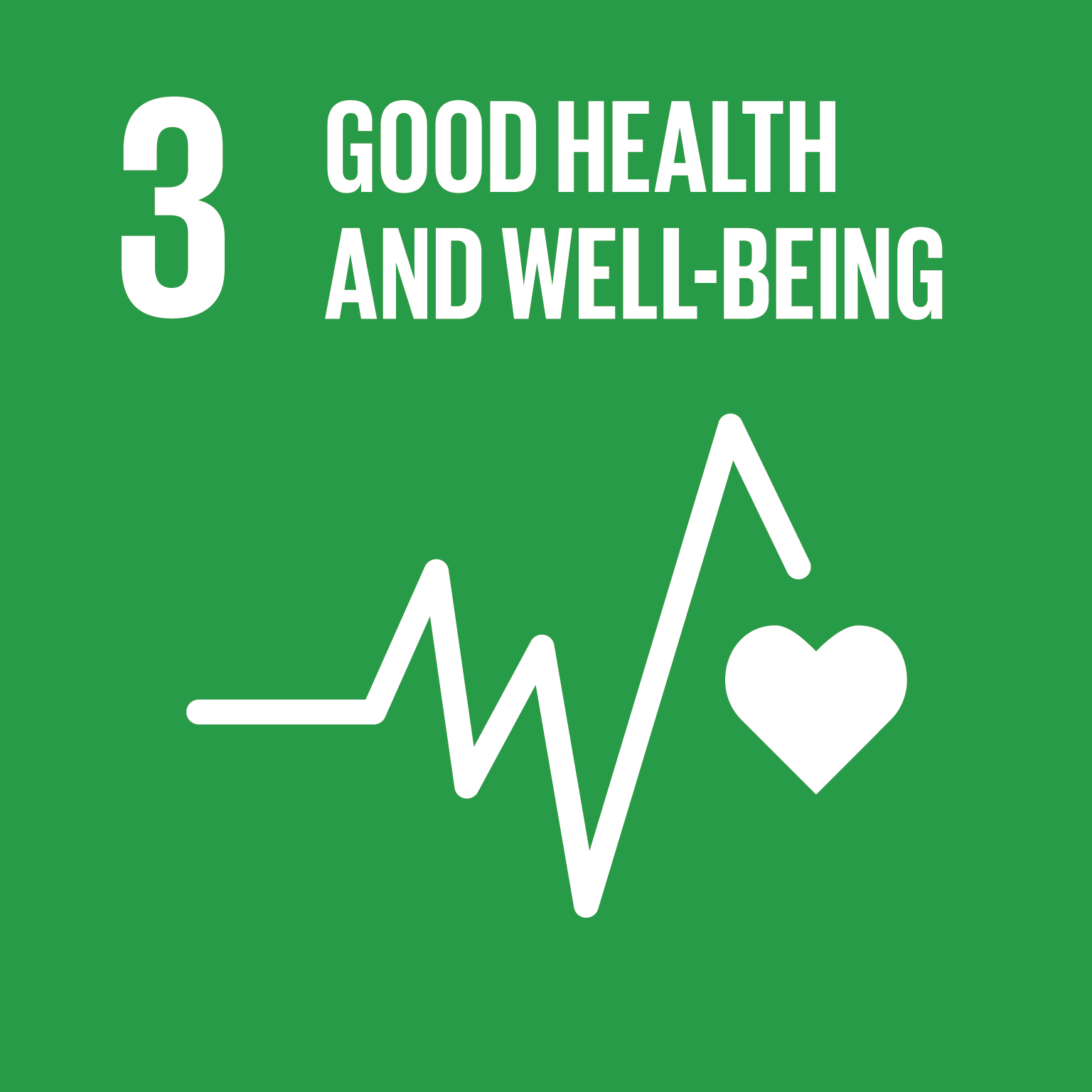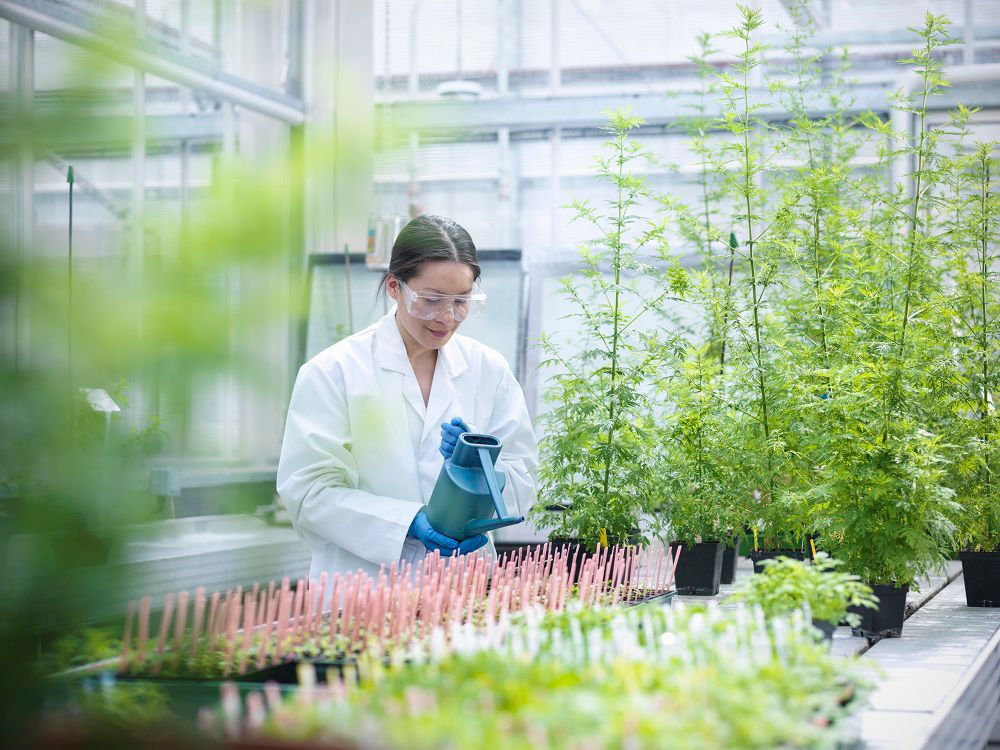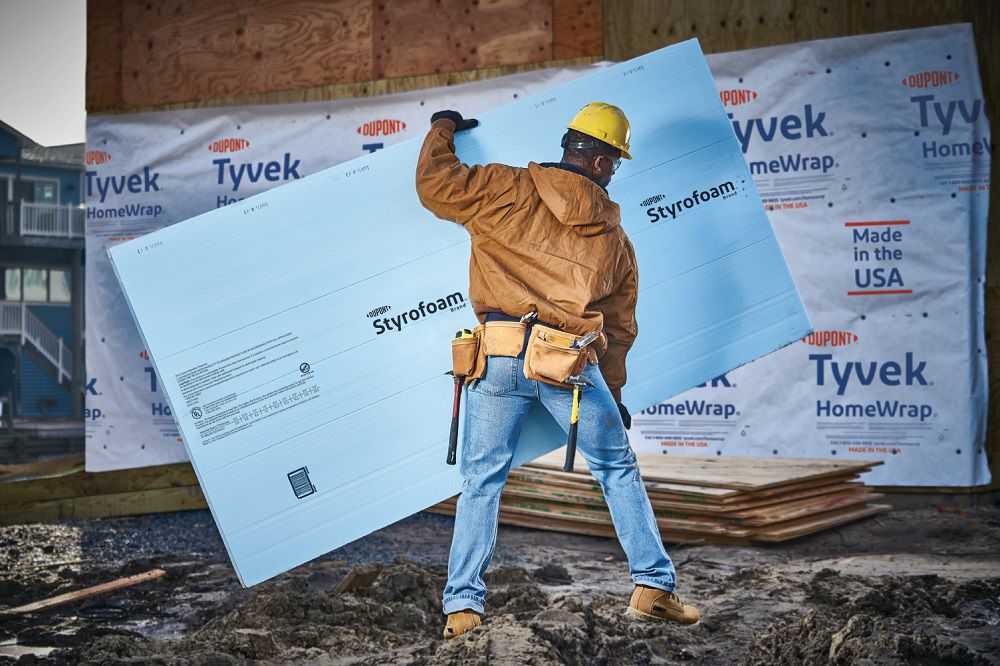SDG
Engaging our stakeholders on sustainability
At DuPont, we regularly engage with civil society organizations around the world, and we’re active in multiple sustainability initiatives. DuPont businesses and leaders have a long tradition of sustainability leadership. Our roots include a founding membership in the World Business Council for Sustainable Development, early adoption of the UN Global Compact, and years of engaging industries, national governments, international bodies and others to advocate for action on climate change.
As an active member of the World Business Council for Sustainable Development, we participate in the Food Reform for Sustainability and Health (FReSH), Water and Chemicals Sector working groups. In the United States we are actively supporting the development of the American Chemistry Council’s new sustainability metrics, and we helped to create the Cefic (the European Chemical Industry Council) Mid Century Vision, which sets out a path for robust sustainability in the European chemical industry by 2050. DuPont is also a member of the World Resource Institute Corporate Consultative Group, a network of Fortune 500 companies that come together to advance sustainable business practices, mitigate risks, and support sustainable growth.
We engage directly with our customers, investors, suppliers, and other stakeholders on our sustainability efforts, to ensure that these stakeholders have accurate, credible information about our company, and to communicate how we’re considering their priorities within our own strategy. We engage government stakeholders primarily through meetings with member and jurisdictional committee staff, including the Senate Environment and Public Works (EPW) Committee and House Energy and Commerce Committee in the U.S.
Our Supply Chain
With our diverse portfolio of businesses, global footprint, and extensive operations, DuPont operates a highly complex, integrated supply chain. While it’s difficult to succinctly summarize every aspect of our supply chain, in general, DuPont businesses process constituent materials through manufacturing stages to produce goods for our customers. DuPont works with approximately 52,000 suppliers from 53 countries worldwide. In 2019, we spent about $12.9 billion with these suppliers, $597 million of which was spent on energy and feedstocks.
All DuPont suppliers are expected to uphold the DuPont Supplier Code of Conduct, which includes the principles of the United Nations Global Compact, and details supplier expectations on matters of the environment, labor, human rights, and impacts on society. We include the Supplier Code of Conduct in our Terms and Conditions for all supplier purchase orders. This is in addition to existing contract language and other mechanisms that are in place to make sure our suppliers adhere with our Human Rights Policy, Supplier Code, and with all applicable laws and regulations.
Supplier Diversity
$449 million spent in the U.S.
Through our Supplier Diversity Program, we’re working to include small and diverse businesses among our sources of supply and help these businesses develop into competitive suppliers. We work closely with local, small, and diverse suppliers to help them understand the DuPont business model and other elements of our procurement strategy.
154,000 Small and Diverse Suoppliers in the U.S.
Guided by 11 key performance indicators (KPIs), our goals include increasing the total amount of our spending with these suppliers, ensuring that they’re included in our competitive bid process, and sponsoring and attending outreach events. We engage our top suppliers to support supplier diversity, and we reinforce this expectation in our Supplier Code of Conduct, which encourages our suppliers to develop a diverse supply base themselves in support of the materials and services they provide to us. In fact, one of our KPIs is measuring “Tier II” spend – what our suppliers spend with diverse suppliers in the performance of their work with DuPont.
We publish our Position Statements online, so that stakeholders will know where DuPont stands on key industry-related issues such as Climate Change, Human Rights, Product Safety and Transparency, and more. We are committed to transparency by submitting information about our climate and water performance to CDP, releasing a sustainability report following Global Reporting Initiative (GRI) and Sustainability Accounting Standards Board (SASB) Standards, and completing numerous stakeholder surveys and questionnaires.
We publish our Position Statements online, so that stakeholders will know where DuPont stands on key industry-related issues such as Climate Change, Human Rights, Product Safety and Transparency, and more. We are committed to transparency by submitting information about our climate and water performance to CDP, releasing a sustainability report following Global Reporting Initiative (GRI) and Sustainability Accounting Standards Board (SASB) Standards, and completing numerous stakeholder surveys and questionnaires.
Our EHS Commitment outlines our commitment to designing, building, operating, and maintaining our facilities to effectively manage process safety and other hazards and to minimize process and product risks to the environment, our employees and the people of our local and global communities.
Stakeholders who have comments or questions about sustainability at DuPont can email our Corporate Sustainability Team at sustainability@dupont.com. We also publish information about our positions, policies, and 2030 Sustainability Goals at dupont.com/sustainability, so that anyone who is interested in sustainability at DuPont can easily find the information they need.
More in sustainability
Sustainability Reporting
Sustainability Reporting
Position Statements
Position Statements
Science and Innovation
Science and Innovation
Story Hub
Story Hub
More Goals
Delivering Solutions for Global Challenges
Align 100% of our innovation portfolio to meaningfully advance the UN SDGs and create value for our customers
Delivering Solutions for Global Challenges
See Goal
Enabling a Circular Economy
Integrate circular economy principles into our business models considering lifecycle impacts in the markets we serve.
Enabling a Circular Economy
See Goal
Innovating Safer By Design
Design 100% of our products and processes using sustainability criteria including the principles of green chemistry.
Innovating Safer By Design
See Goal
Acting on Climate
Reduce greenhouse gas (GHGs) emissions 30%, including sourcing 60% of electricity from renewable energy by 2030, and deliver carbon neutral operations by 2050.
Acting on Climate
See Goal
Leading Water Stewardship
Implement holistic water strategies across all facilities, prioritizing manufacturing plants and communities in high-risk watersheds; and enable millions of people access to clean water through leadership in advancing water technology and enacting strategic partnerships.
Leading Water Stewardship
See Goal
World-Class Health and Safety
World-Class Health and Safety
See Goal
Accelerating Diversity and Inclusion
Become one of the world’s most inclusive companies, with diversity well ahead of industry benchmarks.
Accelerating Diversity and Inclusion
See Goal
Cultivating Well-Being and Fulfillment
Create a workplace where employees report high levels of well-being and fulfillment.
Cultivating Well-Being and Fulfillment
See Goal
Building Thriving Communities
Improve over 100 million lives through targeted social impact programs.





